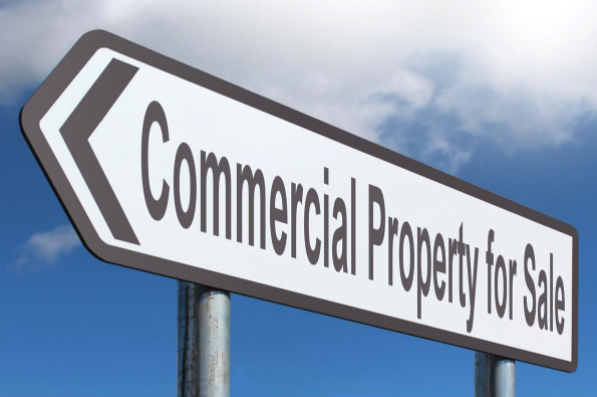The commercial conveyancing process involves the various steps through which the title to commercial property is transferred from a seller to a buyer. It begins with negotiating the contract of sale and continues until the transfer has been appropriately registered.
Most commercial contact transactions are managed by conveyancing lawyers who can expedite the process and minimise financial risk. Although some experienced builders may be tempted to go-it-alone to save on costs, they do so at their own peril.
Overview:
The six steps of the commercial conveyancing process
The commercial conveyancing definition is the transfer of legal ownership from one person to another. Naturally, this process involves several steps for it to be legally binding. The commercial conveyancing process moves through six phases. Briefly, these are:
- The execution of the contract of sale;
- Review of searches and removal of conditions;
- Financing;
- Preparation of settlement figures;
- Settlement; and
- Post settlement matters.
Sales contract
In the first phase of the commercial conveyancing process, the seller’s real estate agent or solicitor will generally prepare the contract of sale, setting forth the description of the property, price, warranties and other terms and conditions. The buyer’s solicitor should then review the contract and negotiate any changes before the parties sign and the buyer pays the deposit. This is known as the “exchange of contracts.”
During a “cooling-off” period, a buyer may elect to withdraw from the contract, forfeiting 0.25 percent of the purchase price, but without legal penalty. Many sellers ask purchasers to issue a section 66W certificate to waive or shorten the cooling-off period.
Although this is the rule in New South Wales, not all States and Territories observe this cooling-off period, so it is important to consult with your solicitor on this point.
Searches and inspections
Most contracts are contingent on the satisfaction of certain conditions concerning financing and a variety of property searches. These searches are typically ordered by the purchaser. In NSW, the property searches include a title search, zoning search, strata plan search and a historical search. The buyer’s obligation is not fixed until the conditions specified in the contract are satisfied.
Financing
Many buyers arrange for financing or commercial loans, if the project is to be financed, as a first step in the commercial conveyancing process. Some law firms, because of existing affiliations, may be able to expedite this process. Make sure that the firm you work with is accredited with a wide range of lenders.
Pre-settlement matters
The purchaser of the property is entitled to a pre-settlement inspection, generally arranged by the purchaser’s agent. If the property is sold with vacant possession, the seller must ensure that the premises are empty, clean and tidy at the time of settlement.
If the purchaser is not satisfied with the condition of the property, he or she can delay settlement until the matter is resolved. Neither party, however, can terminate the contract immediately for such a breach.
Final settlement figures may not be available until the day of settlement, but both solicitors should keep the parties apprised of costs throughout the period of representation. Before settlement, purchasers will prepare and finalise settlement figures and cheque details before arranging a time and location.
Settlement
At settlement, buyer, seller and lender exchange important legal documents and the remaining purchase price is paid. In addition to the buyer’s and seller’s attorneys, representatives of the mortgagee will attend to receive the final payment on the mortgage or to secure their rights on the new mortgage. In NSW, the insurance risk passes from seller to purchaser at settlement or possession (if that occurred prior to settlement).
Post-settlement matters
Immediately following settlement and after all purchase money is received, keys and other access devices, including garage remotes and security alarm codes, are delivered to the buyer.
Thereafter, relevant authorities must be notified of the change in ownership and Transfer documents lodged with the Land Titles Office. This final step in the commercial conveyancing process is often done by the buyer’s lending institution.
Why work with a conveyancing solicitor?
A solicitor’s experience and expertise in commercial property law should make the commercial conveyancing process and transaction go more smoothly. He or she can offer legal advice on additional related matters that may arise during the course of a transaction. In addition, the law firm must carry professional indemnity insurance, which shifts financial risk away from the client. A seller or purchaser without a solicitor has no such safety net.
If you have further questions related to the commercial conveyancing process, the commercial lawyers at Owen Hodge Lawyers would be glad to assist you with your commercial conveyancing. Please call us to schedule a consultation at 1800 770 780.

